
Moses Anthony Davis OD, professionally known as Beenie Man, is a Jamaican dancehall deejay.

James Chambers, OM, known professionally as Jimmy Cliff, is a Jamaican ska, rocksteady, reggae and soul musician, multi-instrumentalist, singer, and actor. He is the only living reggae musician to hold the Order of Merit, the highest honour that can be granted by the Jamaican government for achievements in the arts and sciences.

UB40 are an English reggae and pop band, formed in December 1978 in Birmingham, England. The band has had more than 50 singles in the UK Singles Chart, and has also achieved considerable international success. They have been nominated for the Grammy Award for Best Reggae Album four times, and in 1984 were nominated for the Brit Award for Best British Group. UB40 have sold more than 70 million records worldwide. The ethnic make-up of the band's original line-up was diverse, with musicians of English, Welsh, Irish, Jamaican, Scottish, and Yemeni parentage.

Sean Paul Ryan Francis Henriques is a Jamaican reggae and dancehall singer and rapper. Paul's first album, Stage One, was released in 2000. He gained international fame with his second album, Dutty Rock, in 2002. Its single "Get Busy" topped the US Billboard Hot 100 chart in the United States, as did "Temperature", off his third album, The Trinity (2005).
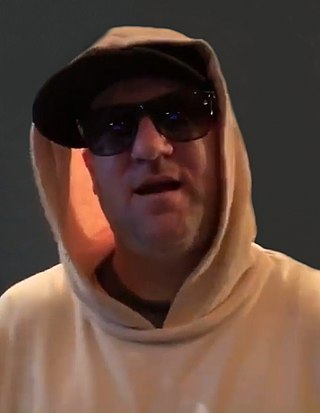
Darrin Kenneth O'Brien, known by his stage name Snow, is a Canadian reggae musician, rapper, and singer. His 1992 single "Informer" spent seven weeks at No. 1 on the US Billboard Hot 100.
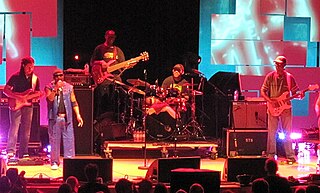
The Maytals, known from 1972 to 2020 as Toots and the Maytals, are a Jamaican musical group, one of the best known ska and rocksteady vocal groups. The Maytals were formed in the early 1960s and were key figures in popularizing reggae music.
Steel Pulse are a roots reggae band from the Handsworth area of Birmingham, England. They originally formed at Handsworth Wood Boys School, and were composed of David Hinds, Basil Gabbidon, and Ronald McQueen (bass); along with Basil's brother Colin briefly on drums and Mykaell Riley. Steel Pulse were the first non-Jamaican act to win the Grammy Award for Best Reggae Album. Collectively the band has won one Grammy award with nine nominations.

Bob Marley and the Wailers were a Jamaican ska, rocksteady and reggae band. The founding members, in 1963, were Bob Marley, Peter Tosh, and Bunny Wailer.
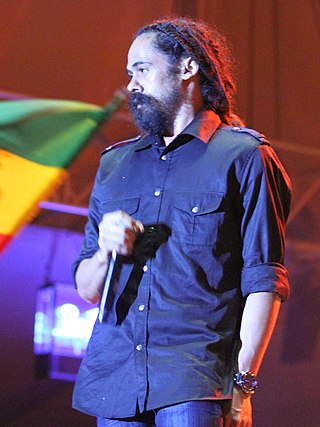
Damian Robert Nesta Marley is a Jamaican reggae musician. The second youngest child of Bob Marley, he is the recipient of four Grammy Awards.
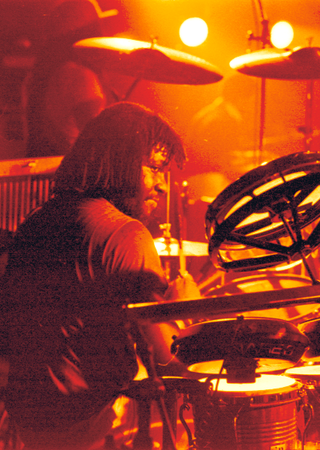
Lowell Fillmore "Sly" Dunbar is a Jamaican drummer, best known as one half of the prolific Jamaican rhythm section and reggae production duo Sly and Robbie.

Frederick Nathaniel "Toots" Hibbert, was a Jamaican singer and songwriter who was the lead vocalist for the reggae and ska band Toots and the Maytals. A reggae pioneer, he performed for six decades and helped establish some of the fundamentals of reggae music. Hibbert's 1968 song "Do the Reggay" is widely credited as the genesis of the genre name reggae. His band's album True Love won a Grammy Award in 2005.

Windel Beneto Edwards, better known by his stage name Gyptian, is a Jamaican reggae singer. He often appears with roots reggae songs within the reggae subgenre dancehall.

Colin Patrick Harper, better known by his stage name Collie Buddz, is a Bermudian reggae artist best known for his single "Come Around".
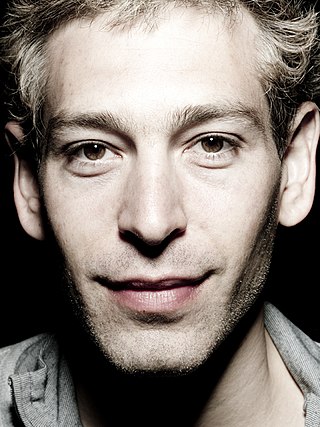
Matthew Paul Miller, known by his stage name Matisyahu, is an American reggae singer, rapper, beatboxer, and musician.
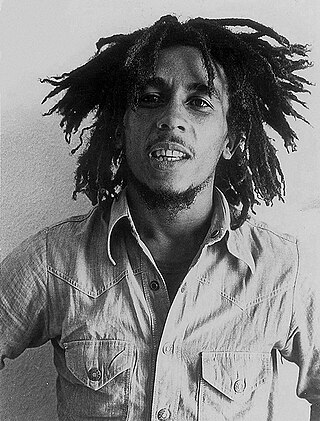
Robert Nesta Marley was a Jamaican singer, songwriter, and guitarist. Considered one of the pioneers of reggae, he fused elements of reggae, ska and rocksteady and was renowned for his distinctive vocal and songwriting style. Marley increased the visibility of Jamaican music worldwide and made him a global figure in popular culture. He became known as a Rastafarian icon, and he infused his music with a sense of spirituality. Marley is also considered a global symbol of Jamaican music and culture and identity and was controversial in his outspoken support for democratic social reforms. Marley also supported the legalisation of cannabis and advocated for Pan-Africanism.
Reggae fusion is a fusion genre of reggae that mixes reggae and/or dancehall with other genres, such as pop, rock, hip-hop/rap, R&B, jazz, funk, soul, disco, electronic, and Latin music, amongst others.

"You Don't Love Me " is a song by Jamaican recording artist Dawn Penn, released in February 1994 by Big Beat as the first single from her first studio album, No, No, No (1994). The song's lyrics are credited to Penn, Bo Diddley and Willie Cobbs, and production was handled by Steely & Clevie.

Andrae Hugh Sutherland, known professionally as Popcaan, is a Jamaican deejay.

Reincarnated is the twelfth studio album by American rapper Snoop Dogg, his sole release using the reggae persona Snoop Lion. Berhane Sound System and RCA Records released the album April 23, 2013.















